İpek Kocaömer Yosmaoğlu | President
Associate Professor
Northwestern University
Ph.D., Princeton University
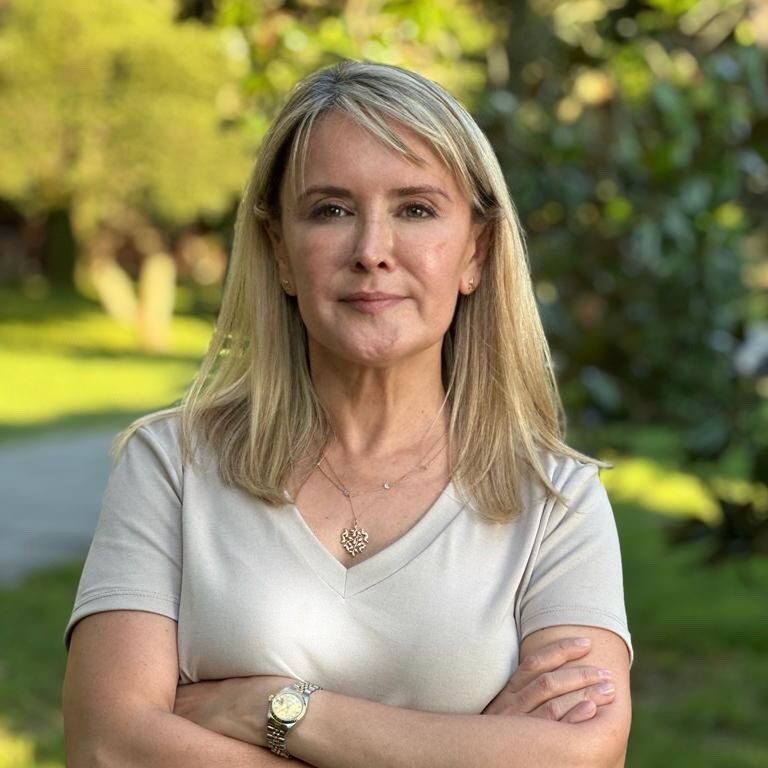
İpek Kocaömer Yosmaoğlu (Ph.D., Princeton, 2005) is associate professor of History and the Director of the Keyman Modern Turkish Studies Program at the Buffett Institute of Global Affairs, Northwestern University. She taught at the University of Wisconsin-Madison and was a Mellon fellow at the Institute for Advanced Study before joining Northwestern faculty in 2010. She is the author of Blood Ties: Religion, Violence, and the Politics of Nationhood,1878-1908 (Cornell University Press, 2014), and the co-editor, with Kerem Öktem, of Turkish Jews and Their Diasporas: Entanglements and Separations (Palgrave MacMillan, 2022). Her research and teaching interests include nationalism, political violence, genocide, and ethnic cleansing at the intersection of empire and nation states.She is currently working on a project about notions of belonging, identity, and citizenship in the late-nineteenth and early twentieth centuries based on the experiences of Ottoman Jews and Jews who wanted to become Ottomans.
James Ryan | Executive Director
Director of Research
Foreign Policy Research Institute
Ph.D., History, University of Pennsylvania
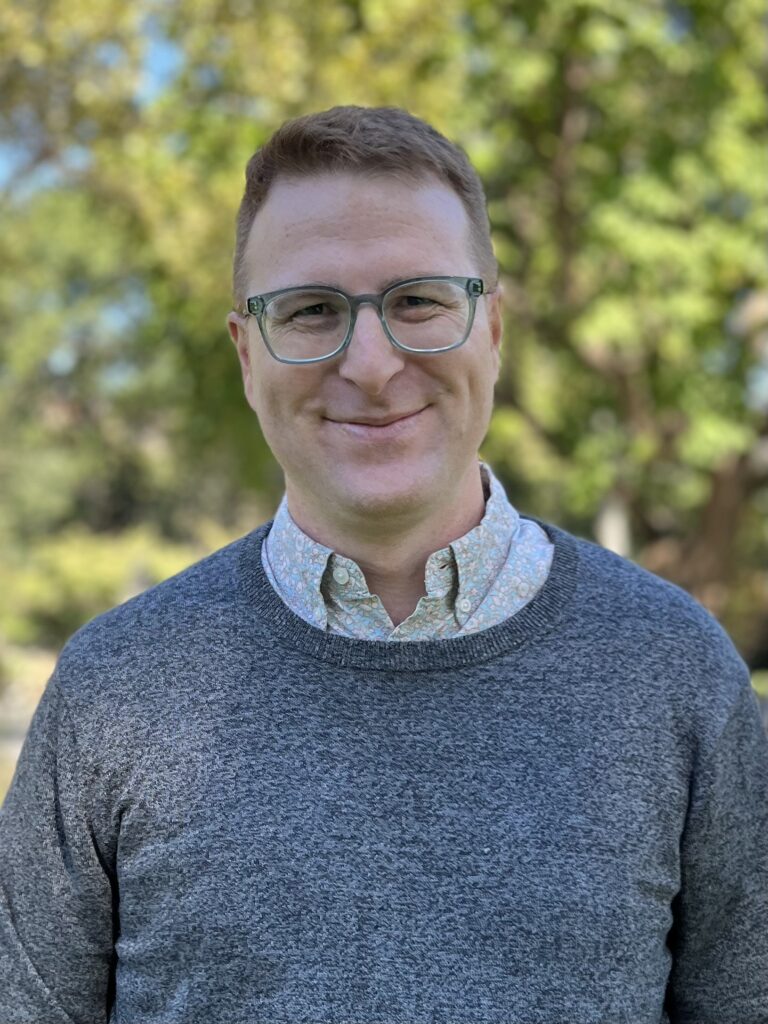
James Ryan is the Executive Director of the Middle East Research and Information Project (MERIP). He is a historian by training, and received his Ph.D. in History from the University of Pennsylvania. Prior to joining MERIP, he served as the Director of Research and the Middle East Program at the Foreign Policy Research Institute (FPRI), and before that as the Associate Director of the Hagop Kevorkian Center for Near Eastern Studies at New York University. His research focuses on the history and politics of the Ottoman Empire and Turkey in the 20th and 21st centuries, and has published research articles in Prisms: Perspectives on South East European History, the Journal of the Ottoman and Turkish Studies Association, and the Journal of Urban History, as well as a recent contribution to the Routledge Handbook on Contemporary Turkey. His writing and analysis of contemporary Turkish politics and history regularly appears in FPRI’s Analysis section, as well in venues such as War on the Rocks, New Lines Magazine, Al Jazeera America, and Public Books. He is currently working on a book manuscript examining the culture of dissent in Turkey between the two world wars.
David Gutman | Treasurer
Associate Professor, History
Manhattanville College
Ph.D., Binghamton University

David Gutman is Associate Professor of History at Manhattanville College in Purchase, NY. His book, The Politics of Armenian Migration to North America: Sojourners, Smugglers, and Dubious Citizens (Edinburgh, 2019), examines the overseas migration of Ottoman Armenians in the late nineteenth and early twentieth centuries, and the Ottoman state’s response to this migration. The book addresses a wide range of themes including clandestine mobility, migrant smuggling, border control, and contested citizenship. He has also published on topics ranging from mobility control and intelligence gathering to the historiography of the Armenian genocide. He is currently in the early stages of a comparative study of urban violence against non-dominant populations in the early twentieth century. He also serves as managing editor of the Journal of the Ottoman and Turkish Studies Association.
Heather Ferguson | Journal Editor
Associate Professor of Ottoman And Middle Eastern History
Claremont McKenna College
Ph.D., University of California- Berkeley
M.A., Middle Eastern Studies, University of Texas- Austin
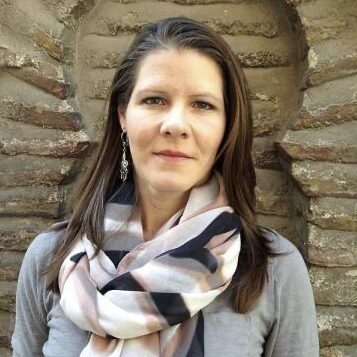
Heather received an M.A. in Middle Eastern Studies from the University of Texas- Austin and a Ph.D. from the University of California- Berkeley. After completing a two-year postdoctoral position at Stanford University with the Abbasi Program in Islamic Studies and History Departments, she joined the faculty at Claremont McKenna and is now an Associate Professor of Ottoman and Middle Eastern History. Heather is an American Council of Learned Societies Fellow, 2014-2015, for her book project entitled The Proper Order of Things: Language, Power and Law in Ottoman Administrative Discourses published by Stanford University Press in May 2018. Currently, she is working on a second monograph supported by a National Endowment for the Humanities summer stipend grant, 2019, and an American Council of Learned Societies Burkhardt Fellowship (2020) that explores Sovereign Valedictions: Archival Ventures and “Last Acts” in Ottoman and Habsburg Courts, and her research focuses broadly on comparative early modern empires, documentary genres and discourses of power, linkages between archives and state governance, as well as on legal and urban transformations around the Mediterranean. She serves as Editor of the Review of Middle East Studies, Associate Editor for the International Journal of Islamic Architecture and was an inaugural member of the Claremont Faculty Leadership Program. Heather remains committed to interdisciplinary and multi-perspectival approaches in research, teaching, and service.
Baki Tezcan | Board Member
Professor of History
History Department, University of California- Davis
Ph.D., Near Eastern Studies, Princeton University

Baki is a graduate of Istanbul Lisesi. He got his B.S. in International Relations from Bilkent University in Ankara, Turkey (1994), and his M.A. and Ph.D. in Near Eastern Studies from Princeton University (1996, 2001).
He joined the History Department at UC Davis in 2002 (until 2015, he held a joint appointment in Religious Studies and taught in both departments). He was one of the founders of the Middle East/South Asia Studies Program (ME/SA), which he directed from 2012 to 2015. In addition to History and Religious Studies, he also taught for ME/SA and Medieval and Early Modern Studies programs, and led the “Last Empire of Islam” Summer Abroad Program in Istanbul in 2007, 2009, and 2011 (for photographs from these summers, see the Facebook group “Baki’s Bottle,” named after the water bottle Tezcan held up while leading his students in tourist crowds). His advising work in multiple academic units brought him the UC Davis Outstanding Faculty Advisor Award in 2005.
Can Gümüş | Board Member
Research Assistant
Atatürk Institute for Modern Turkish History, Boğaziçi University
Ph.D. Candidate, Atatürk Institute for Modern Turkish History, Boğaziçi University
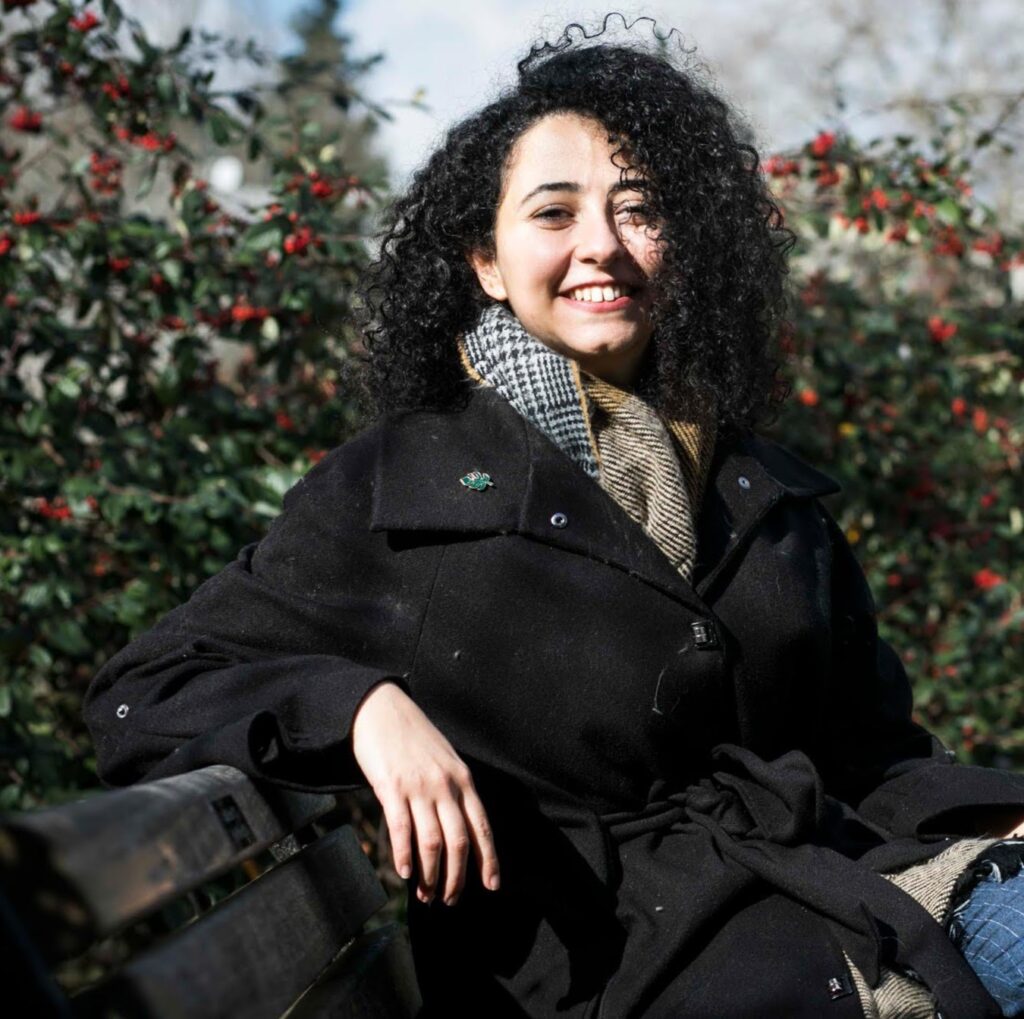
Can Gümüş is a research assistant and PhD candidate at Atatürk Institute for Modern Turkish History, Boğaziçi University. Her dissertation project investigates the interaction between sanitation practices, institutionalization of public health, and urbanization in late Ottoman Istanbul. She is part of the Ottoman History Podcast team, and produces podcasts in Turkish for the platform. Between 2014-2019, she worked at various NGOs as editor, researcher and project manager. She received her BA from Boğaziçi University’s Department of Political Science and International Relations; and MA from Koç University’s Comparative Studies in History and Society Program.
Ceyda Karamursel | Board Member
Assistant Professor
SOAS, University of London
M.A, Ph.D., History, University of Pennsylvania
B.A., Economics, Boğaziçi University
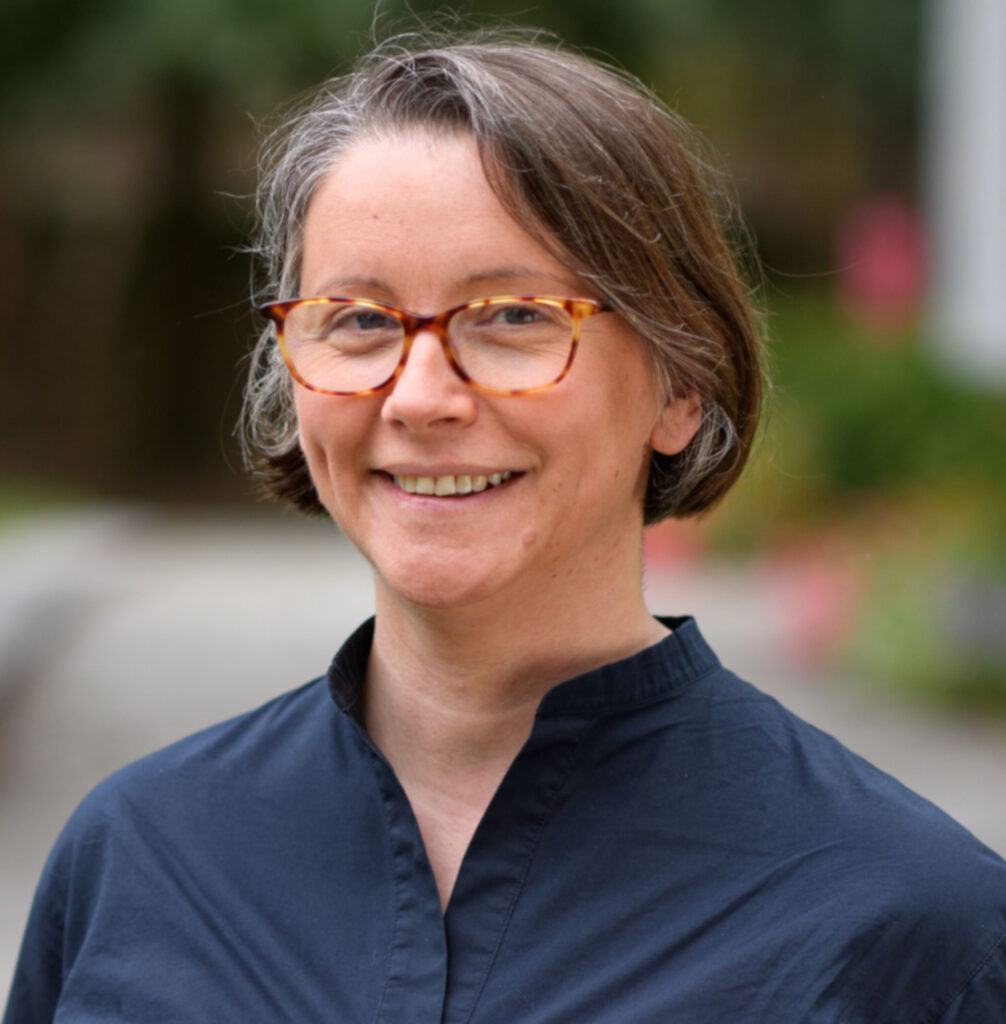
Ceyda Karamursel is a Lecturer (Assistant Professor) in the History of Modern Middle East at the School of Oriental and African Studies, University of London, with research and teaching interests focusing on the economic, political, and legal history of the late Ottoman Empire and early Turkish Republic. She holds her B.A. degree in Economics from Boğaziçi University and received her M.A. and Ph.D. in History from the University of Pennsylvania where she was also a postdoctoral fellow at the Middle East Center. She is currently completing her first book entitled The Sack and the Bowstring: A Global History of Ottoman Slavery and Freedom, which places Ottoman practices of slavery and freedom in their wider global economic, political, and legal contexts. In addition to her book, she works on several other projects, first of which traces Singer sewing machines’ arrival and reception in the Ottoman Middle East, with the specific goal of understanding how relations of production in particular, and capitalism in general, transported and transformed themselves to attain new lives in different social and political contexts. Another one, which also launches her second book project on how Ottoman concepts of slavery circulated in the Atlantic world in the nineteenth century, follows the news of an American opera singer who was allegedly murdered in the imperial harem in Istanbul. Supported by the Social Science Research Council, Charlotte W. Newcombe Foundation, and ACLS among others, her work appeared in the Journal of Women’s History, Comparative Studies in Society and History and most recently in the International Journal of Middle East Studies.
.
Alexis Wick | Board Member
Associate Professor, History
Koç University
Ph.D., Columbia University
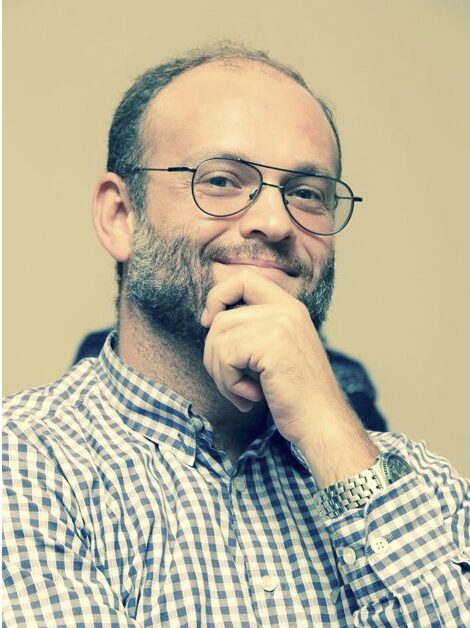
Alexis Wick is Associate Professor in the Department of History at Koç University in Istanbul. Trained as a scholar of the Ottoman, Arab and African pasts, he received his PhD from Columbia University in 2010. His research interests lie at the intersection of the history of concepts and the history of things, where language, people, and everyday life meet. The running theme in his work has been the importance of place in and for thinking – the dual postulate that, just as discourses are inevitably embodied and grounded in place, so is place itself lived and discursively constituted. His first book, The Red Sea: In Search of Lost Space (University of California Press, 2016), intervenes in a neglected field at the intersection of Ottoman and maritime history: it both reveals the Ottoman Red Sea as a dynamic space of crucial strategic, symbolic, and commercial importance, and provides a genealogy of the organizing category of the sea itself. A Turkish translation of this book is due to appear His articles on various topics in Ottoman, Arab and African history, and in historiography and the philosophy of history more broadly, have appeared in IJMES, CSSAAME, Journal of Ottoman Studies and African Identities, among others. His forthcoming work includes an article in JOTSA, The Cambridge Companion to Ottoman History, and an edited special issue of the Journal of Arabic Literature, all due in 2022. Before teaching at Koç University, he was at the American University of Beirut for many years.
Nora Barakat | Board Member
Assistant Professor of History
Stanford University
Ph.D, University of California, Berkeley

Nora Barakat is a historian of the late Ottoman Empire and the Modern Middle East. Her research focuses on people, commodities and landscapes in the interior regions between the Mediterranean and the Indian Ocean in the nineteenth and twentieth centuries. She has a particular interest in how legal categories of population, property and economy shaped and were shaped by the everyday experiences of social life. She is also committed to bringing both the Ottoman Empire and the Middle East into discussions of world history, especially narratives about capitalism and modern state formation. She teaches courses on modern Middle East history, capital and crisis, Islamic law, and environmental history.
Aslıhan Gürbüzel | Board Member
Assistant Professor, Institute of Islamic Studies
McGill University
Ph.D, Harvard University

Aslıhan Gürbüzel is an assistant professor of Ottoman history at the McGill Institute of Islamic Studies in Montreal. She completed her PhD in History and Middle Eastern Studies at Harvard University in 2016. Her research and teaching interest include History of the Ottoman Empire, Islamic Political Thought, Religious Movements to 1800, and Manuscript Studies. She is currently working on her first book based on her PhD dissertation entitled “Teachers of the Public, Advisors to the Sultan: Preachers and the Rise of a Political Public Sphere in Early Modern Istanbul (1600-1670).”
Mine Eder | Board Member
Professor, Department of Political Science and International Relations
Boğaziçi University
Ph.D, University of Virginia

Mine Eder is a Professor in the Department of Political Science and International Relations at Boğaziçi University. Her research interests include Comparative Political Economy, Political Economy of Newly Industrializing Countries, Regionalism, International Cooperation, Political Economy of Turkey, and Informal Economy. Her teaching areas include International Political Economy, Political Economy of Development, International Relations Theory, and Industrialization.
Nominations Committee:
Begüm Adalet | Member
Assistant Professor in the Department of Government
Cornell University
Ph.D., University of Pennsylvania
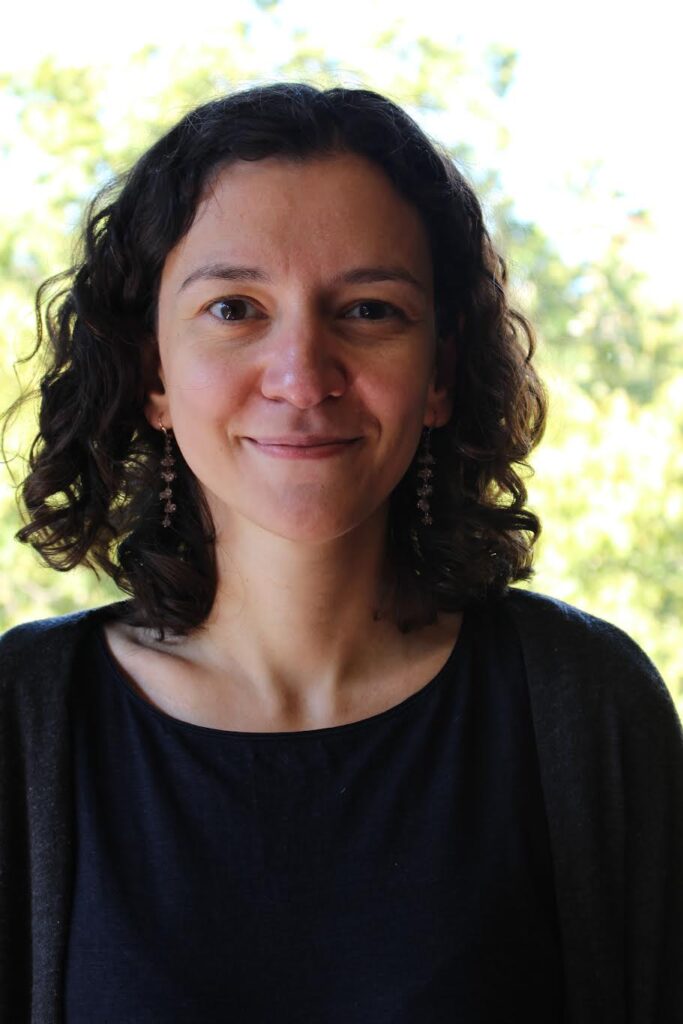
Begüm Adalet is Assistant Professor in the Department of Government at Cornell University. She is a political theorist with research and teaching interests in anticolonial thought, transnationalism, the Cold War, development, empire, the built environment, Turkey and the Middle East. She is the author of Hotels and Highways: The Construction of Modernization Theory in Cold War Turkey (Stanford). Her writings have also appeared in Political Theory; Comparative Studies in Society and History; Comparative Studies of South Asia, Africa and the Middle East; Funambulist, MERIP and Public Books. Prior to Cornell, she was Faculty Fellow/Assistant Professor at the Hagop Kevorkian Center for Near Eastern Studies at New York University. She holds a PhD in political science from the University of Pennsylvania.
Samuel Dolbee | Member
Assistant Professor of History
Vanderbilt University
Ph.D., New York University

Samuel Dolbee is an environmental historian of the Ottoman Empire and the modern Middle East, with interests in agriculture, disease, and science. He teaches courses in the Department of History and as part of the Climate Studies major. His first book was published in 2023 by Cambridge University Press and is entitled Locusts of Power: Borders, Empire, and Environment in the Modern Middle East. Dolbee’s scholarship has appeared in the American Historical Review, Past & Present, and International Journal of Middle East Studies. He has also contributed chapters to edited volumes on the history of food and disease, respectively. He is the editor in chief of Ottoman History Podcast. Prior to coming to Vanderbilt, Dolbee was a lecturer on History & Literature at Harvard. He previously held postdoctoral fellowships at Yale’s Program in Agrarian Studies, Harvard’s Mahindra Humanities Center, and Brandeis University’s Crown Center for Middle East Studies. Dolbee completed his PhD at New York University in the joint program in History and Middle Eastern & Islamic Studies, and has an MA in Arab Studies from Georgetown University and a BA in History and International Studies from the University of North Carolina at Chapel Hill.
Başak Can | Member
Assistant Professor of Sociology
Koç University
Ph.D., University of Pennsylvania
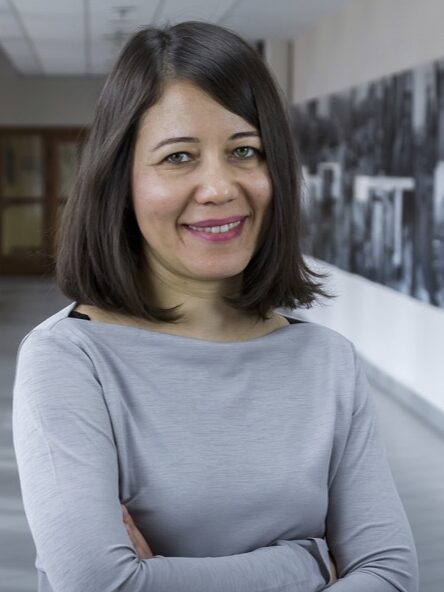
Başak Can holds a PhD in anthropology from the University of Pennsylvania and is an assistant professor of sociology at Koç University. She is a medical anthropologist with an interest in the intersections of human rights, political violence, forensics, politics of care and body. She is currently working on her book Forensic Fantasies: Doctors, Documents and the Limits of Truth in Turkey. She has previously undertaken research on gendered work relations, care work, reproductive health, forensic documentation of torture, and triaging of care among dialysis patients in Turkey. Her research has appeared in journals such as American Anthropologist, Medical Anthropology Quarterly, Medical Anthropology: Cross-Cultural Studies in Health and Illness, New Perspectives in Turkey, Reproductive Health Matters, Communication, Culture & Critique and Media, Culture & Society. She secured research grants and fellowships from institutions such as Institute for Advanced Study in Princeton, Center for Advanced Study in the Behavioral Sciences at Stanford University, Raoul Wallenberg Institute, Blickwechsel: Contemporary Turkey Studies at Humboldt University of Berlin, Wenner-Gren Foundation.
Web Editor/Administrative Assistant:
Alicen Collum | Program Coordinator, Keyman Modern Turkish Studies Program
Northwestern University
Alicen Collum is the Web Editor and Administrative Assistant for OTSA as well as the Program Coordinator for the Keyman Modern Turkish Studies Program. She earned her Bachelor’s Degree in Organizational Management with a focus in Human Resource Management from Santa Fe College.